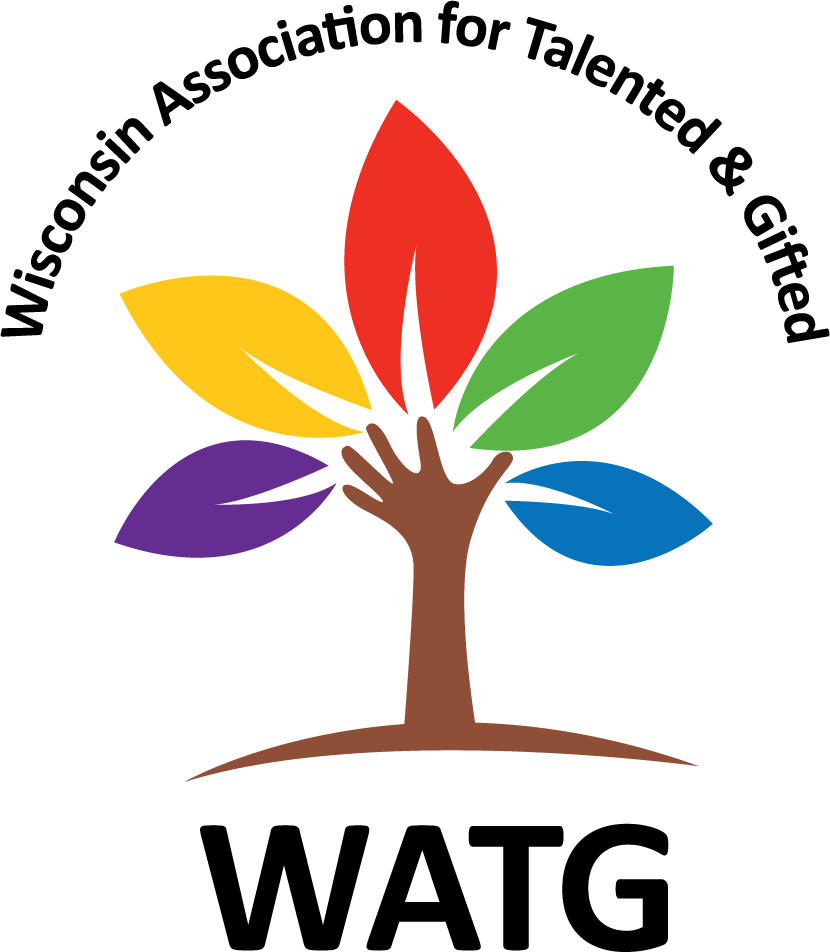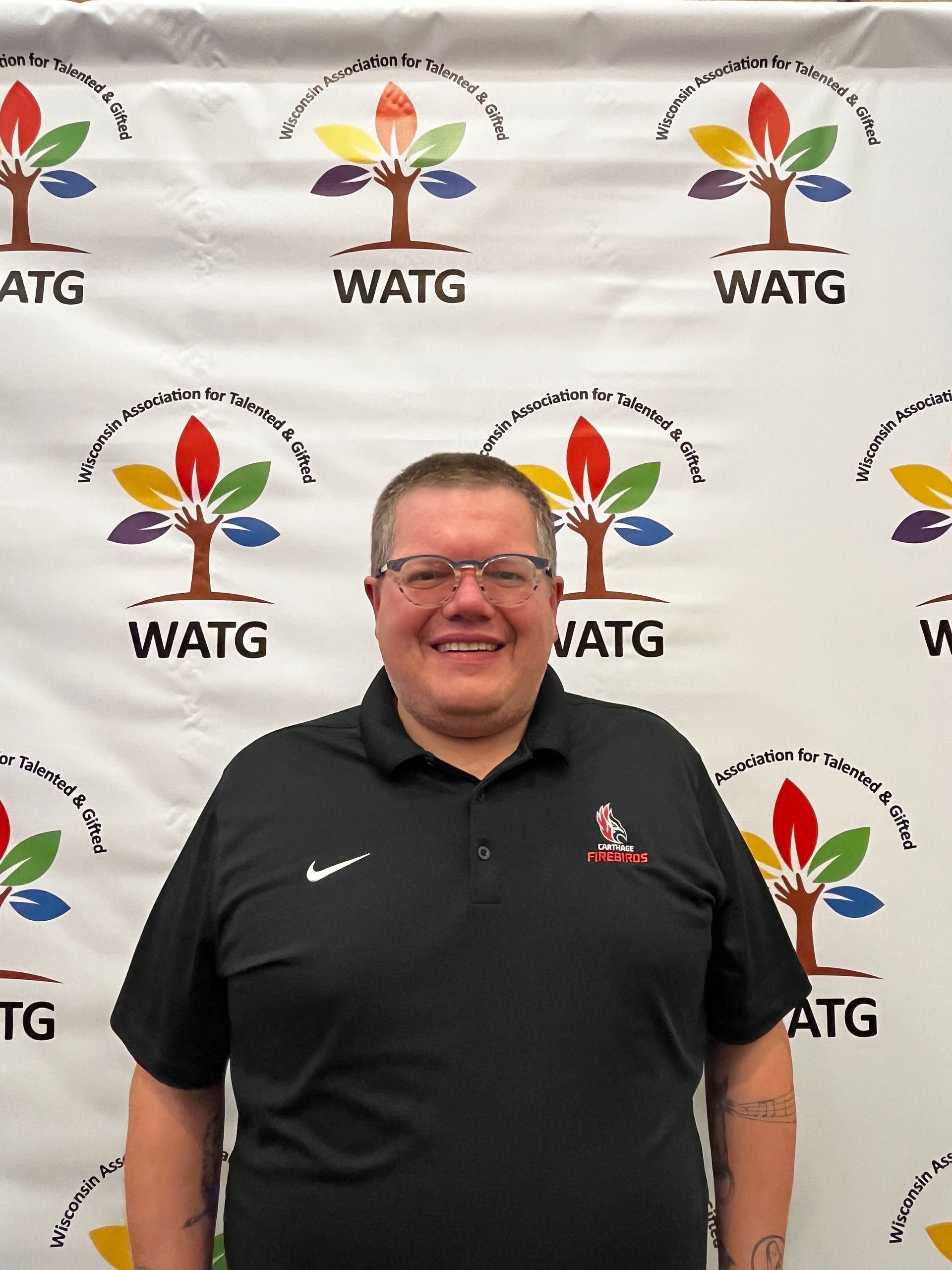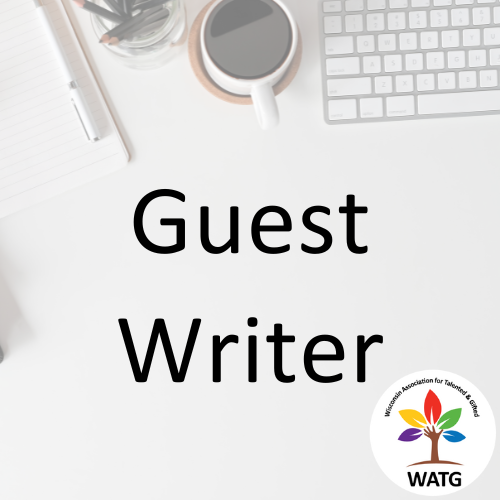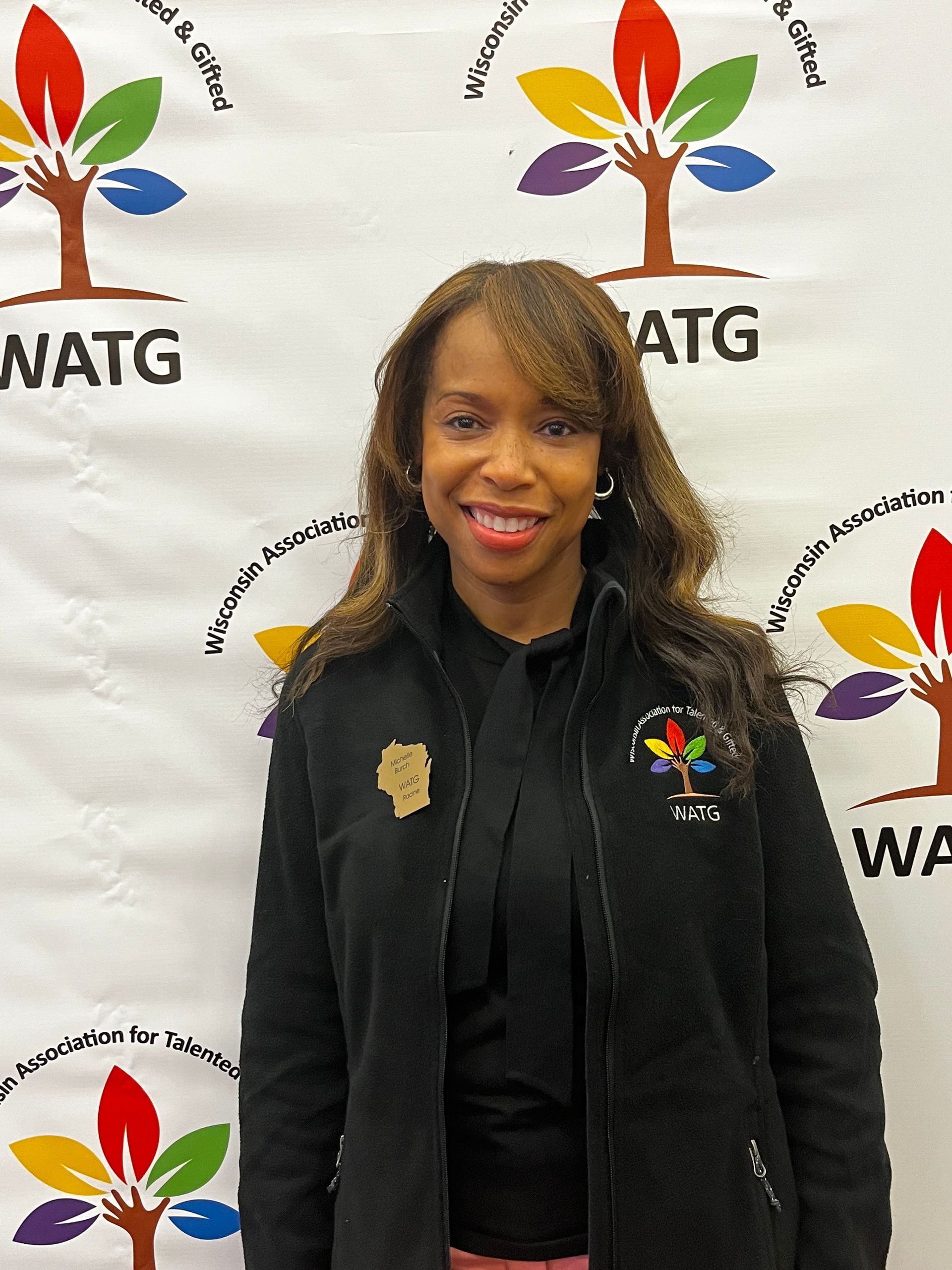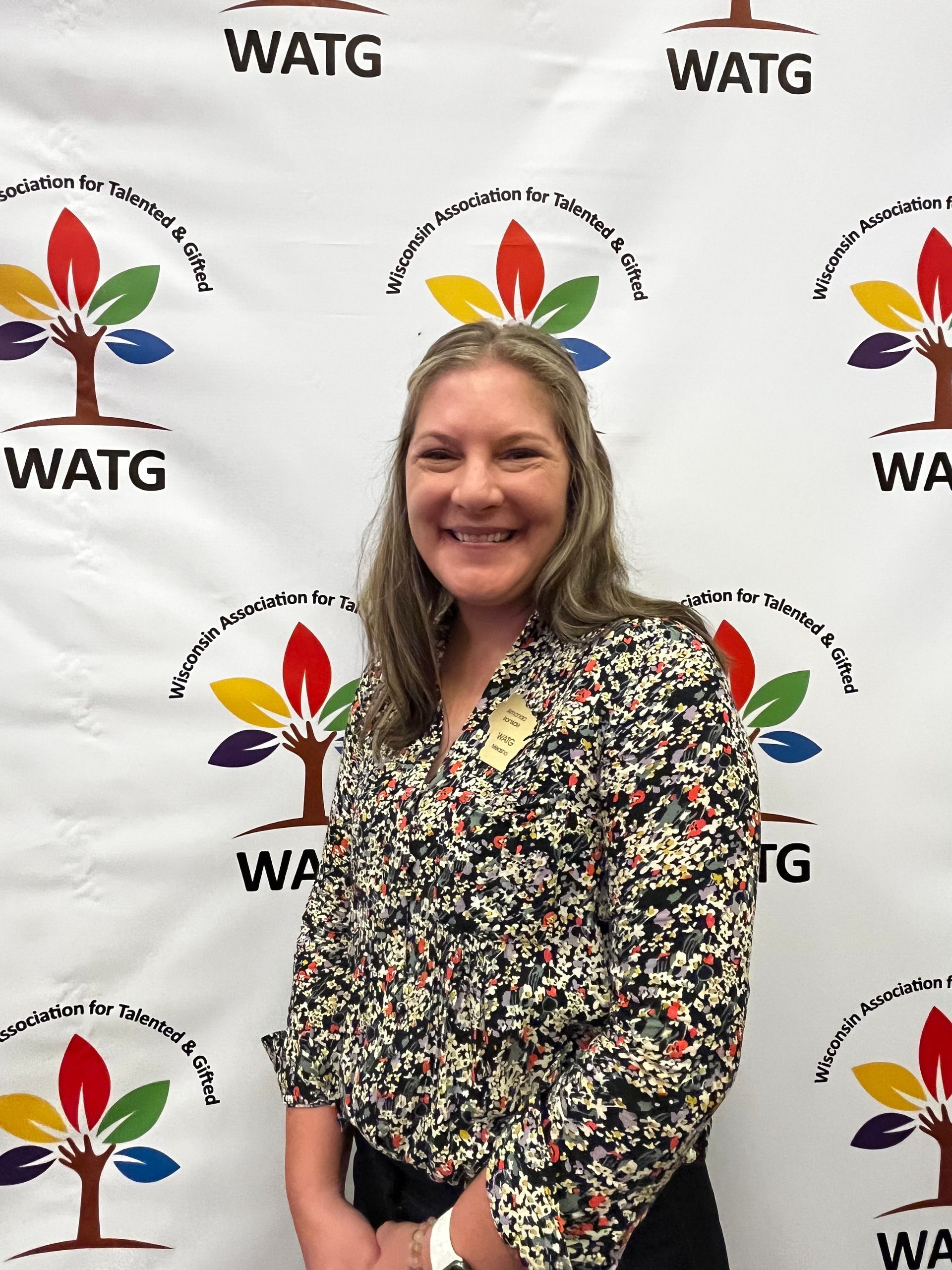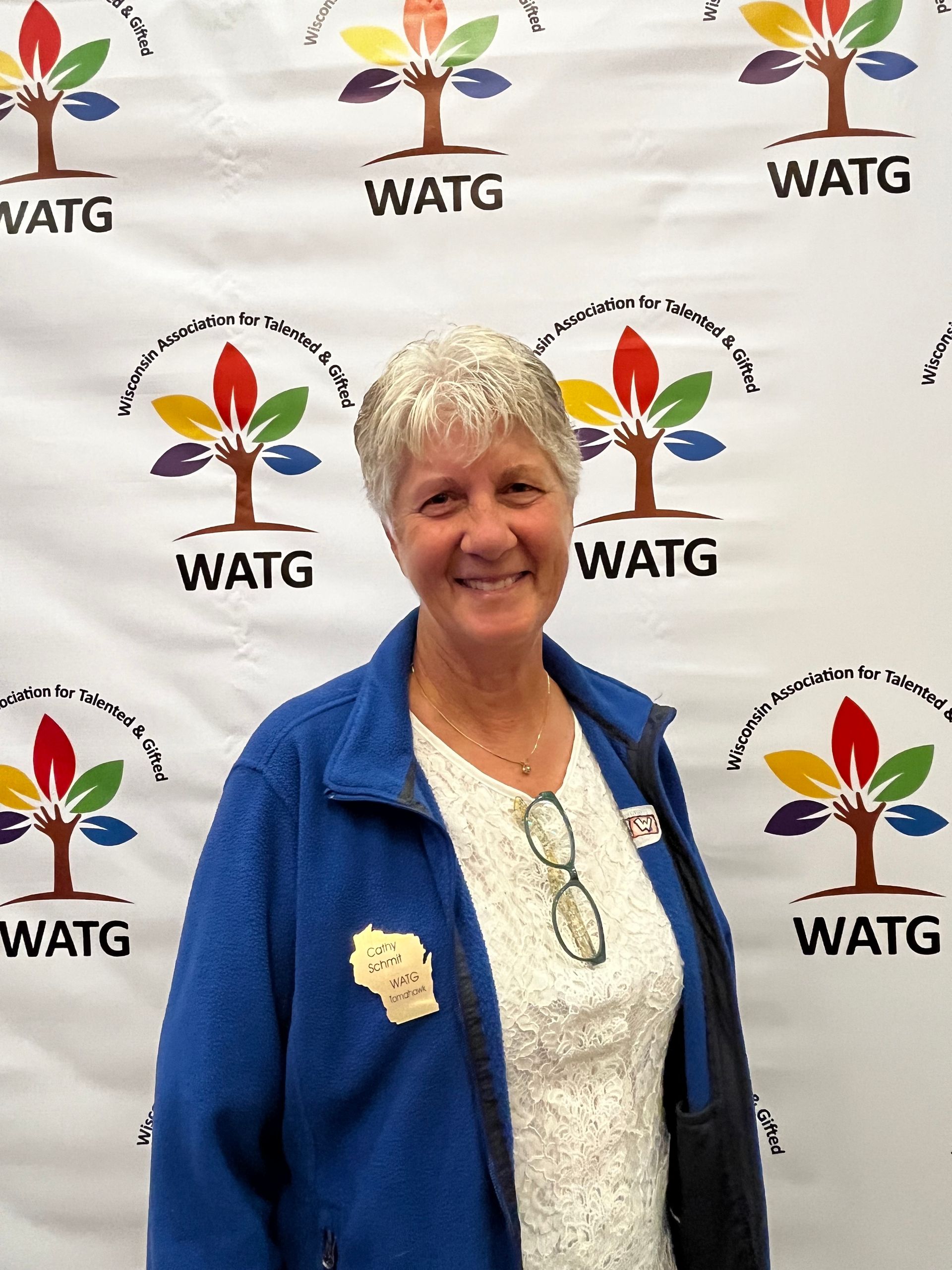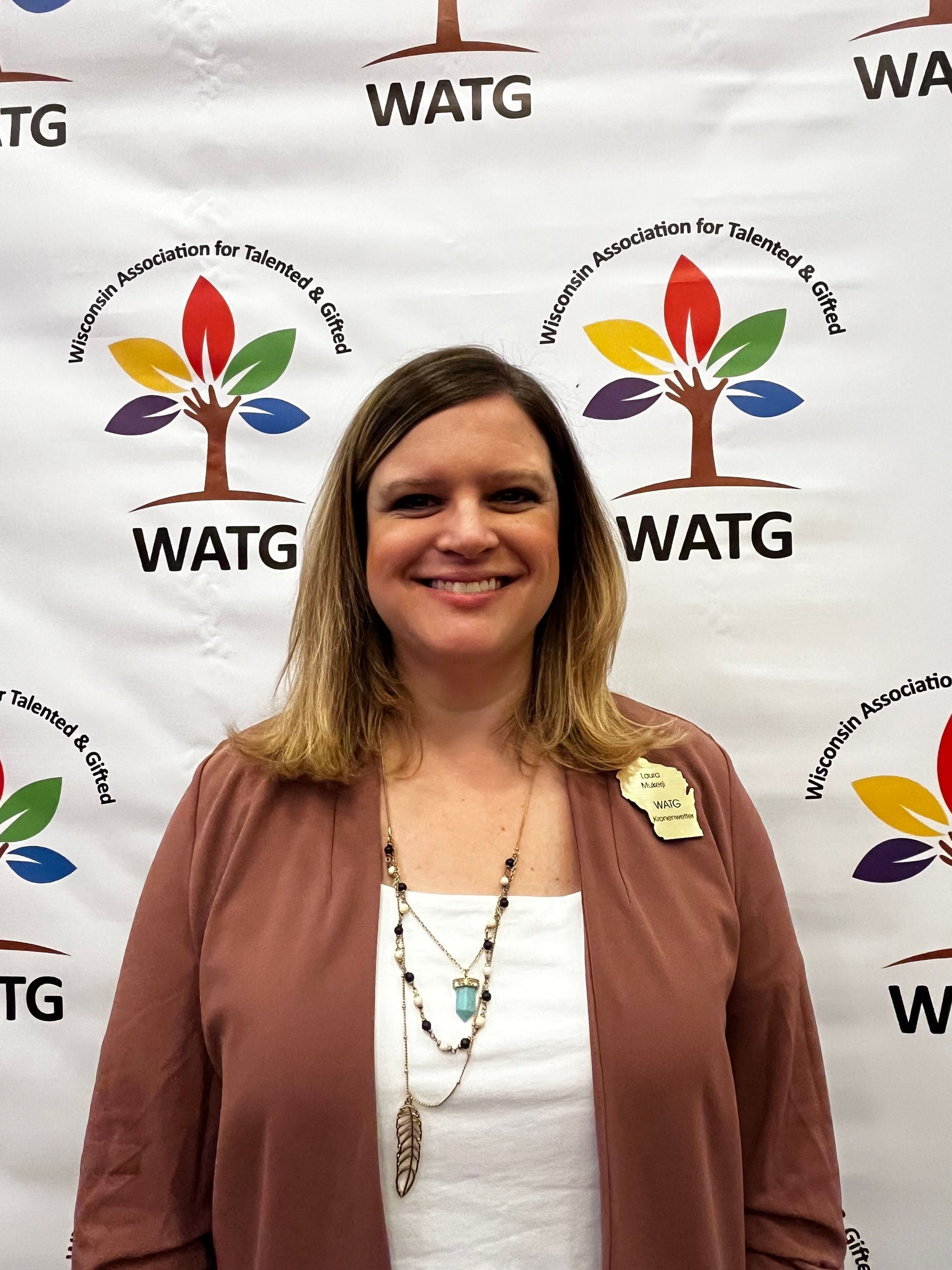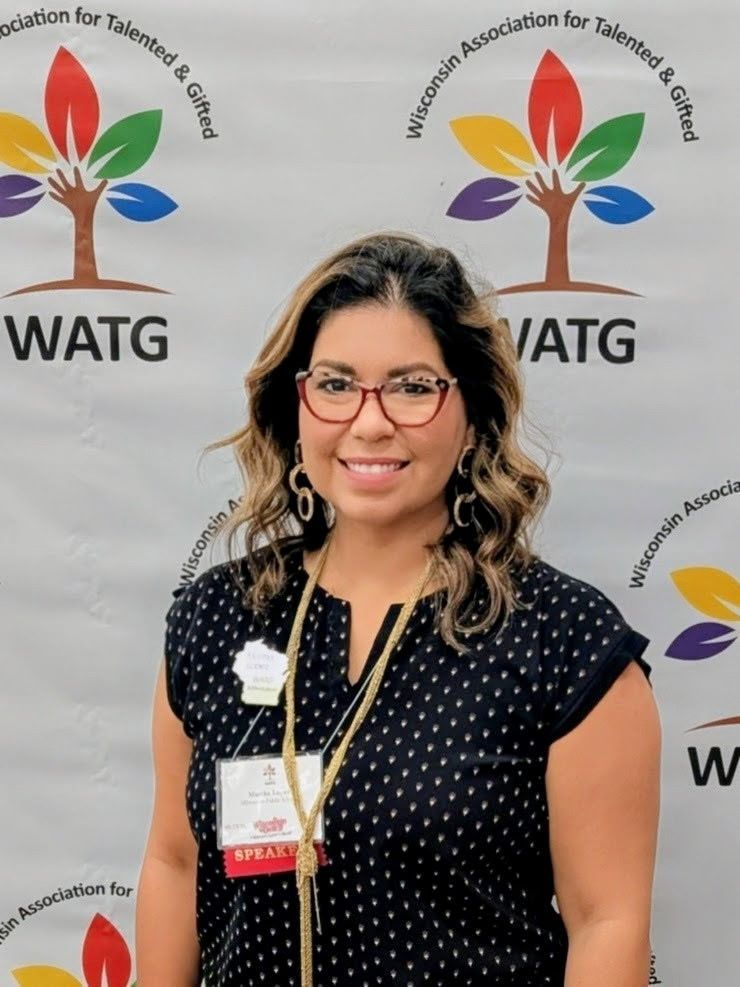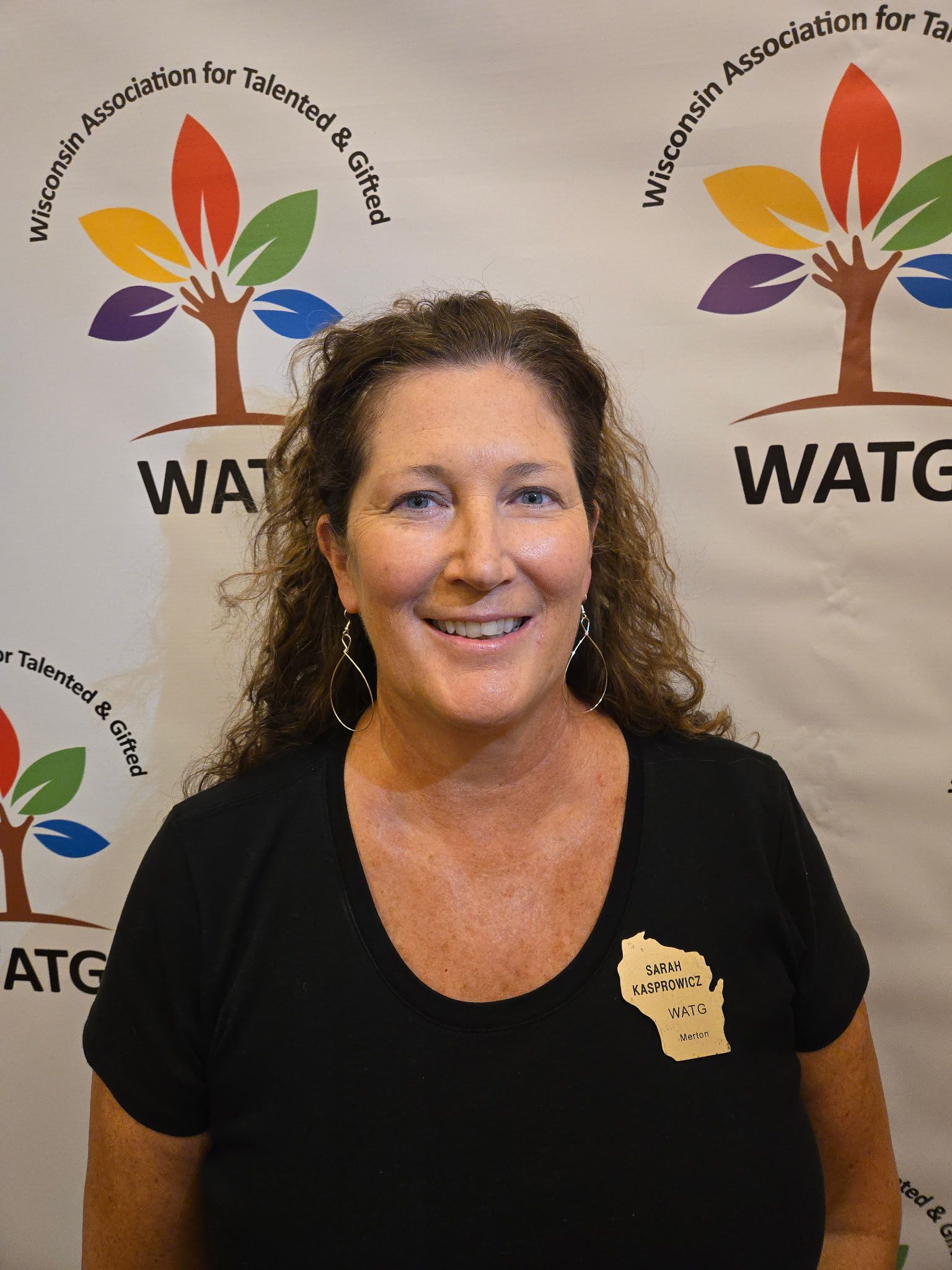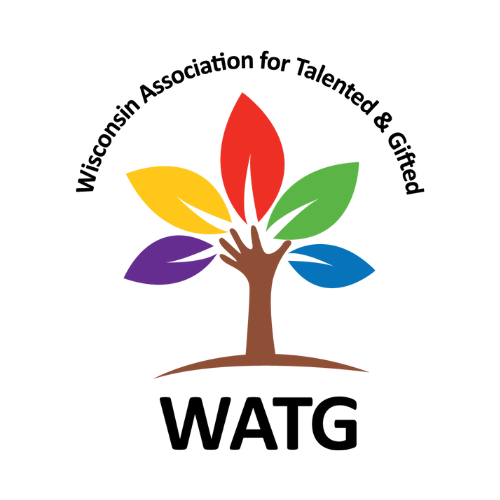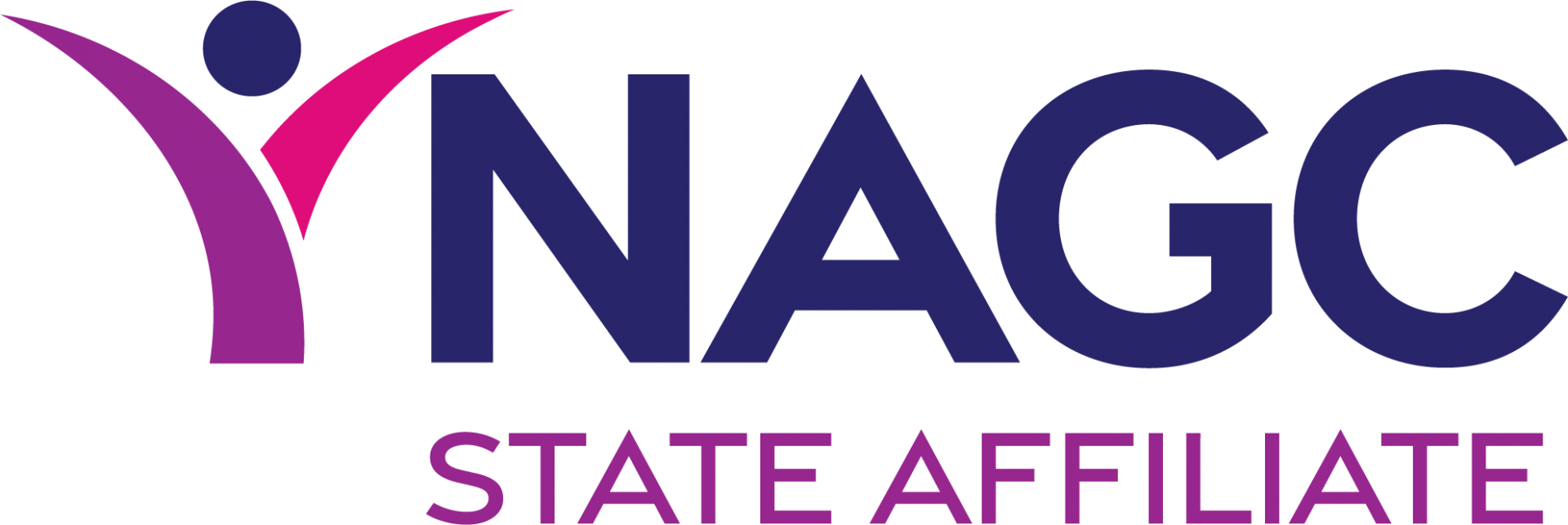Building Trust and Transparency in Gifted Education From Day One
As gifted and talented coordinators, one of the most impactful things we can do to support classroom teachers and students at the beginning of the year is to start strong with transparency, clarity, and collaboration. In my work across an urban district, I’ve found that opening lines of communication early not only builds trust, but also enhances the learning experience for gifted and advanced students.
“We are each other’s harvest; we are each other’s business; we are each other’s magnitude and bond.” ~ Gwendolyn Brooks
This powerful quote by Gwendolyn Brooks is a reminder of our shared responsibility. It reflects the heart of our work in gifted education, a shared responsibility rooted in mutual respect and purpose. Our success depends on the strength of our relationships with teachers, families, students, and each other. When we commit to collective growth and shared understanding, we create learning environments where gifted students can flourish and every educator feels supported in helping them reach their full potential.
A first step with teachers is to begin with clarity; who are the gifted students in their classrooms?
Too often, classroom teachers aren’t made aware of who is identified as gifted, or in what area, until several weeks into the school year. To address this, we now begin each school year by providing teachers with a student identification summary. This document includes the student’s name, area of identification (math, reading, both), assessment data, and recommended strategies. It offers a snapshot that immediately helps teachers plan differentiated instruction.
We also include a clear summary of the services and supports available through our Gifted & Advanced program. These are designed to extend learning opportunities and provide the right level of challenge for identified students. Services may include:
- Instructional support tailored to student needs.
- Coding opportunities that encourage inquiry and creativity.
- Book clubs and enrichment experiences that go beyond the core curriculum. \
- Summer learning programs that promote continued growth and exploration.
This upfront transparency helps teachers feel empowered, not surprised. It also enables students to be appropriately challenged from day one.
During the year, we offer multiple touchpoints; these may be live or on-demand overviews.
To further support teachers, we launch the year with access to our Gifted & Advanced Presentation, offered both synchronously (via Google Meet or in-person) and asynchronously (via recording). These sessions walk through:
- Key characteristics of gifted learners.
- Strategies for differentiation.
- Myths and facts about giftedness.
- Family communication ideas.
Teachers appreciate flexibility and this approach allows coordinators to give educators tools early on to help them proactively meet student needs instead of playing catch-up.
Another key component of our programming is to bring parents into the process. We ensure that families are informed at the start of the school year. They receive a newsletter outlining services, contact information for Gifted & Advanced staff, and an invitation to an optional parent orientation.This approach demystifies gifted education for families and creates space for shared advocacy.
“When families and educators work together, students succeed”. ~ U.S. Department of Education.
Finally, we build relationships with intention. Throughout the year, we prioritize relationship-building with teachers. We will visit classrooms and join Professional Learning Communities. We also hold regular check-ins. When teachers know who we are and see that we’re there to help, the walls come down, and collaboration rises. We also believe in being part of a statewide consortium and engaging with local organizations like WATG (Wisconsin Association for Talented & Gifted); this keeps us “in the know”. These partnerships allow us to stay current in our field.
The beginning of the school year is a precious window of time. It’s when routines, expectations, and beliefs about students are formed. By being proactive, visible, and consistent in our support for classroom teachers, gifted specialists can ensure that every child with advanced potential has the opportunity to grow. The best way to serve students is to first serve the educators closest to them. And that begins with a knock on the door, a shared plan, and a commitment to lifting one another higher.
Michelle Burch is the Gifted & Advanced Coordinator for Racine Unified School District and a member of the Wisconsin Association for Talented and Gifted. She believes in equity-centered education and giving every student the opportunity to be seen and stretched.
